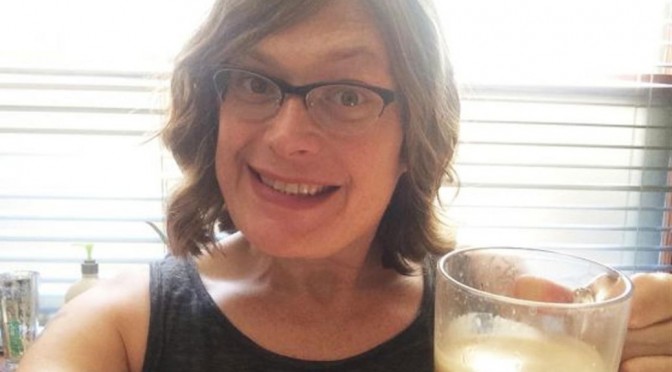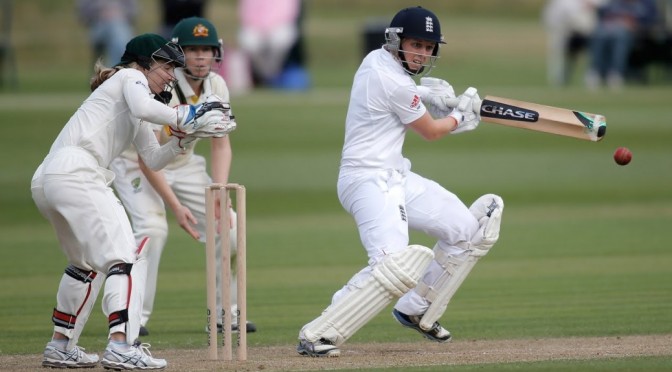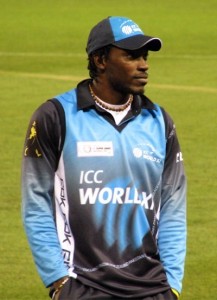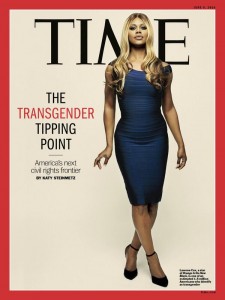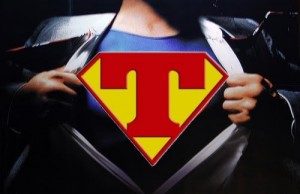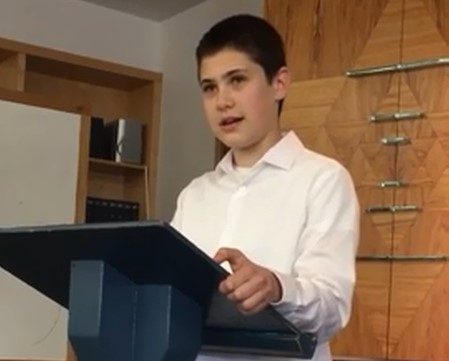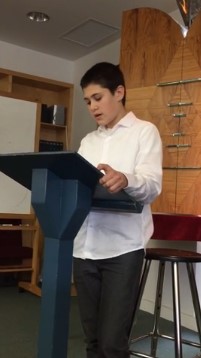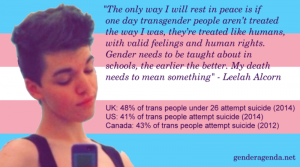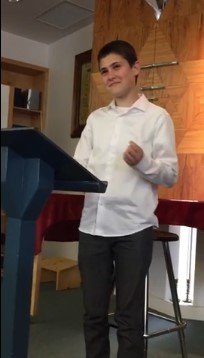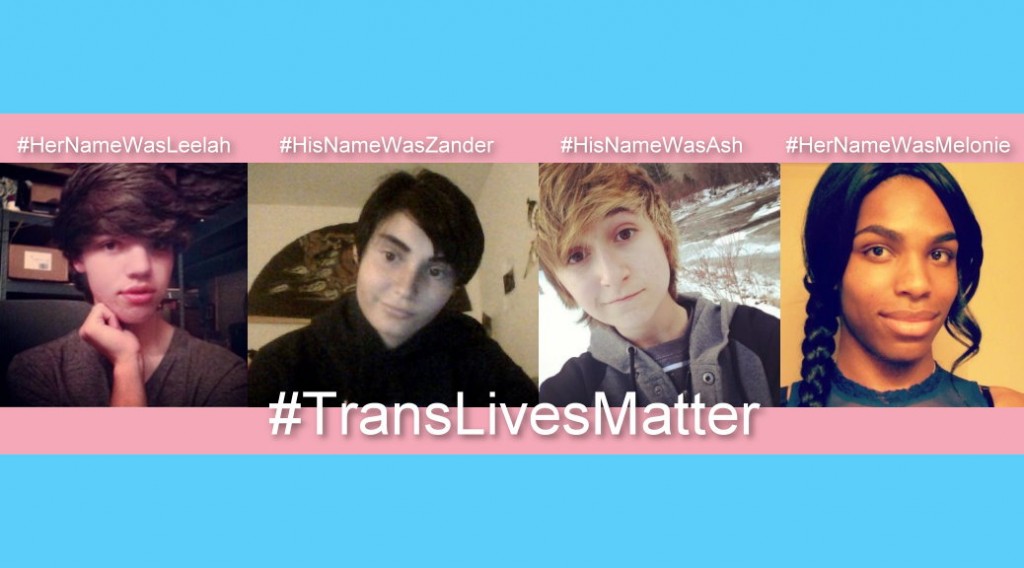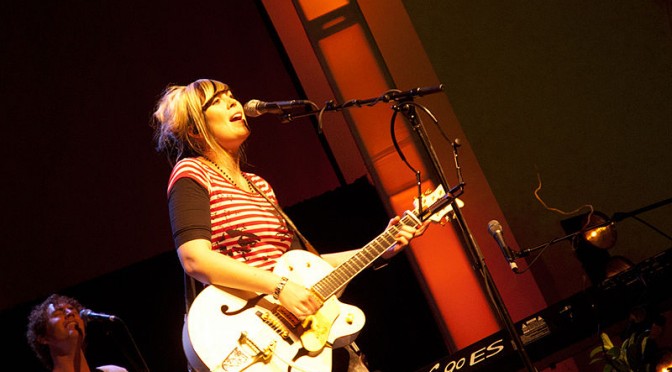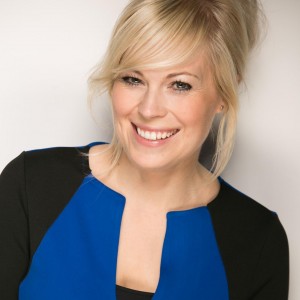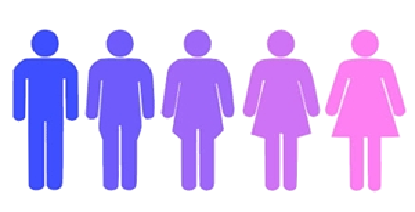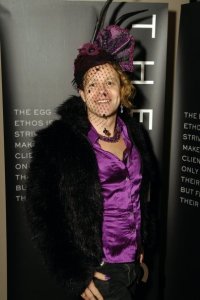Lilly Wachowski comes out as Trans
On International Women’s Day the other Wachowski sibling, Andy – until yesterday, has also, like Lana, come out as transgender under the name Lilly. She had prepared for this moment, but also seems to have been pushed by a Daily Mail journalist – now that bit isn’t news or surprising, although it is denied by the newspaper who claimed to be “courteous at all times” and “baffled” by the accusation. It is sad and intrusive. It is more invasive than investigative journalism. It’s also dangerous and unethical, like ‘outing’ someone in a witness protection program because of the high rates of trans suicide – almost 50%. The Mail has distanced itself and defended accusations that it ‘outed’ or hounded trans teacher Lucy Meadows, as quoted by Lilly in her statement below.
Lana Wachowski
Lana had been transitioning during the 2000s but first went public in 2012 when she revealed that she too had considered suicide in her teens because of her gender identity.
Gender binary – Two little boxes
Lilly describes the enforced binariness of gender as oppressive and a false idol:
“Being transgender is not easy. We live in a majority-enforced gender binary world. This means when you’re transgender you have to face the hard reality of living the rest of your life in a world that is openly hostile to you.”
“But these words, “transgender” and “transitioned” are hard for me because they both have lost their complexity in their assimilation into the mainstream. There is a lack of nuance of time and space. To be transgender is something largely understood as existing within the dogmatic terminus of male or female. And to “transition” imparts a sense of immediacy, a before and after from one terminus to another. But the reality, my reality is that I’ve been transitioning and will continue to transition all of my life, through the infinite that exists between male and female as it does in the infinite between the binary of zero and one. We need to elevate the dialogue beyond the simplicity of binary. Binary is a false idol.”
Lana wanted to “transcend the limitations of two little boxes” and the flat-earth pseudo-simplicity of binary bathrooms and their policing:
“I see few things as beautiful as my community and all the miraculous ways we transcend the limitations of two little boxes, blurring and even erasing the distinctions that legitimize and support the belief in all equalities of gender… I understand. I really do. I know how important these rules and regulations, these binary bathrooms are to your understanding of the world…” – Lana Wachowski, at Equality Illinois 2014 Gala, accepting Freedom Award
Without putting words into their mouths, I think it is safe to say they are both ‘out’ as not only transgender but have left the binary gender matrix behind too.
Take the pill, leave the Matrix
The Wachowskis’ ground breaking films are both escapist and challenging. Lana says that what they were trying to achieve in the Matrix trilogy was:
“…a shift, the same kind of shift that happens for Neo, that Neo goes from being in this sort of cocooned and programmed world, to having to participate in the construction of meaning to his life. And we were like, ‘Well, can the audience go through the three movies and experience something similar to what the main character experiences?’ So the first movie is sort of typical in its approach. The second movie is deconstructionist, and it assaults all of the things that you thought to be true in the first movie, and so people get very upset, and they’re like ‘Stop attacking me!’ in the same way that people get upset with deconstructionist philosophy. I mean, Derrida and Foucault, these people upset us. And then the third movie is the most ambiguous, because it asks you to actually participate in the construction of meaning.” — Lana Wachowski, Movie City News, October 13, 2012
Red Pill, Blue Pill
The Red Pill represents reality, often raw and painful, whilst the Blue Pill is the illusion, the delusional space we inhabit to avoid confronting reality:
“After this, there is no turning back. You take the blue pill — the story ends, you wake up in your bed and believe whatever you want to believe. You take the red pill – you stay in Wonderland and I show you how deep the rabbit hole goes.” – Morpheus, The Matrix (1999)
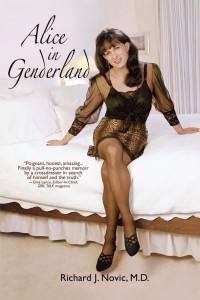 A decade ago, one of the first trans* (explicitly a male crossdresser) autobiographies I read was called Alice in Genderland by Richard Novic, MD – yes he is a Doctor, psychiatrist and psychotherapist. He describes his gender journey as like falling “headlong down a rabbit hole”, like Alice.
A decade ago, one of the first trans* (explicitly a male crossdresser) autobiographies I read was called Alice in Genderland by Richard Novic, MD – yes he is a Doctor, psychiatrist and psychotherapist. He describes his gender journey as like falling “headlong down a rabbit hole”, like Alice.
Other Worldly Queerness
Lilly also quotes from José Esteban Muñoz’s writings on queerness:
“Queerness is essentially about the rejection of a here and now and an insistence on potentiality for another world.” – José Esteban Muñoz, Cruising Utopia: The Then and There of Queer Futurity (2009)
Several of the Wachowskis’ films including Jupiter Ascending have been about other worlds. Their private worlds have now been shattered and they are now both in the public domain, but I hope their ongoing transitioning(s) are respected and lauded, not hounded and sensationalised.
Lilly Wachowski’s full statement
Lilly Wachowski‘s statement in her own words to Chicago’s LGBT paper the Windy City Times:
“SEX CHANGE SHOCKER—WACHOWSKI BROTHERS NOW SISTERS!!!”
There’s the headline I’ve been waiting for this past year. Up until now with dread and/or eye rolling exasperation. The “news” has almost come out a couple of times. Each was preceded by an ominous email from my agent—reporters have been asking for statements regarding the “Andy Wachowski gender transition” story they were about to publish. In response to this threatened public outing against my will, I had a prepared a statement that was one part piss, one part vinegar and 12 parts gasoline.
It had a lot of politically relevant insights regarding the dangers of outing trans people, and the statistical horrors of transgender suicide and murder rates. Not to mention a slightly sarcastic wrap-up that “revealed” my father had injected praying mantis blood into his paternal ball-sac before conceiving each of his children to produce a brood of super women, hellbent on female domination. Okay, mega sarcastic.
But it didn’t happen. The editors of these publications didn’t print a story that was only salacious in substance and could possibly have a potentially fatal effect. And being the optimist that I am, I was happy to chalk it up to progress.
Then last night while getting ready to go out for dinner my doorbell rang. Standing on my front porch was a man I did not recognize.
“This might be a little awkward,” he said in an English accent.
I remember sighing.
Sometimes it’s really tough work to be an optimist.
He proceeded to explain he was a journalist from the Daily Mail, which was the largest news service in the UK and was most definitely not a tabloid. And that I really had to sit down with him tomorrow or the next day or next week so that I could have my picture taken and tell my story which was so inspirational! And that I really didn’t want to have someone from the National Enquirer following me around, did I? BTW—The Daily Mail is so definitely not a tabloid.
My sister Lana and I have largely avoided the press. I find talking about my art frustratingly tedious and talking about myself a wholly mortifying experience. I knew at some point I would have to come out publicly. You know, when you’re living as an out transgender person it’s … kind of difficult to hide. I just wanted—needed some time to get my head right, to feel comfortable.
But apparently I don’t get to decide this.
After he had given me his card, and I closed the door it began to dawn on me where I had heard of the Daily Mail. It was the “news” organization that had played a huge part in the national public outing of Lucy Meadows, an elementary school teacher and trans woman in the UK. An editorial in the “not-a-tabloid” demonized her as a damaging influence on the children’s delicate innocence and summarized “he’s not only trapped in the wrong body, he’s in the wrong job.” The reason I knew about her wasn’t because she was transgender it was because three months after the Daily Mail article came out, Lucy committed suicide.
And now here they were, at my front door, almost as if to say—
“There’s another one! Let’s drag ’em out in the open so we can all have a look!”
Being transgender is not easy. We live in a majority-enforced gender binary world. This means when you’re transgender you have to face the hard reality of living the rest of your life in a world that is openly hostile to you.
I am one of the lucky ones. Having the support of my family and the means to afford doctors and therapists has given me the chance to actually survive this process. Transgender people without support, means and privilege do not have this luxury. And many do not survive. In 2015, the transgender murder rate hit an all-time high in this country. A horrifying disproportionate number of the victims were trans women of color. These are only the recorded homicides so, since trans people do not all fit in the tidy gender binary statistics of murder rates, it means the actual numbers are higher.
And though we have come a long way since Silence of the Lambs, we continue to be demonized and vilified in the media where attack ads portray us as potential predators to keep us from even using the goddamn bathroom. The so-called bathroom bills that are popping up all over this country do not keep children safe, they force trans people into using bathrooms where they can be beaten and or murdered. We are not predators, we are prey.

So yeah, I’m transgender.
And yeah, I’ve transitioned.
I’m out to my friends and family. Most people at work know too. Everyone is cool with it. Yes, thanks to my fabulous sister they’ve done it before, but also because they’re fantastic people. Without the love and support of my wife and friends and family I would not be where I am today.
But these words, “transgender” and “transitioned” are hard for me because they both have lost their complexity in their assimilation into the mainstream. There is a lack of nuance of time and space. To be transgender is something largely understood as existing within the dogmatic terminus of male or female. And to “transition” imparts a sense of immediacy, a before and after from one terminus to another. But the reality, my reality is that I’ve been transitioning and will continue to transition all of my life, through the infinite that exists between male and female as it does in the infinite between the binary of zero and one. We need to elevate the dialogue beyond the simplicity of binary. Binary is a false idol.
Now, gender theory and queer theory hurt my tiny brain. The combinations of words, like freeform jazz, clang disjointed and discordant in my ears. I long for understanding of queer and gender theory but it’s a struggle as is the struggle for understanding of my own identity. I have a quote in my office though by José Muñoz given to me by a good friend. I stare at it in contemplation sometimes trying to decipher its meaning but the last sentence resonates:
“Queerness is essentially about the rejection of a here and now and an insistence on potentiality for another world.”
So I will continue to be an optimist adding my shoulder to the Sisyphean struggle of progress and in my very being, be an example of the potentiality of another world.
Lilly Wachowski
